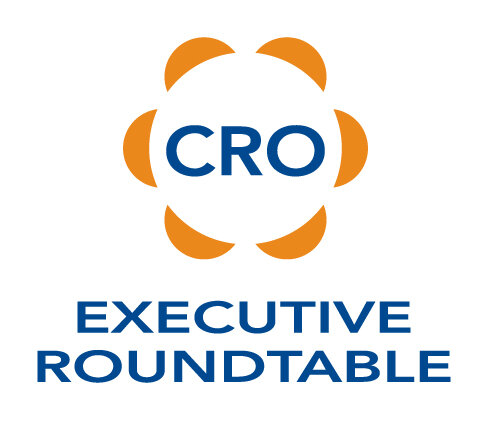We talk a lot about “free moves,” which are, essentially, questions your salespeople should be asking at certain points in a qualifying process. They are natural, enlightening questions that help bring a deeper level of clarity to a conversation.
Today’s job market is quite tight and strong candidates are in demand. You have to prepare for multiple offers going to your top candidates. If you have identified them as strong, it is most likely that another company (or more) has done the same. However, there is a qualifying principle from selling that works effectively when extending job offers.
Here is the principle - you can prequalify your candidate (or prospect in selling) before extending the offer (or proposal in selling). It is a free move which means you should take it.
Here is an example from Chief Revenue Officer:
Assuming we meet and extend an offer that includes these provisions…and satisfy your questions regarding the offer, what happens at the end of our discussion?
It is a simple, appropriate question. Here is more from the book:
You want to hear a response that clearly speaks to accepting the offer. If that is not forthcoming, this may not be your candidate for two reasons:
Salespeople who can’t make a decision usually can’t get prospects to make decisions either.
If the candidate is thinking about taking your offer and going shopping, this is where you’ll discover it, and you can now prevent that from happening.
Again, it is a free move and one that will be most enlightening to your qualifying of the candidate’s interest. The second move is to solidify the candidate’s commitment to your offer. If they are strong, their current employer may not want to lose them. This fact means that you should place the thought of a counter offer in their mind.
An example:
When you give your notice to your current employer, how do you expect them to respond? When they attempt to make a counter offer to you, what do you anticipate your response will be?
Think of this as training…you are training your future salesperson to anticipate the employer’s response and to be prepared to dismiss it. If the candidate is sold on your opportunity, they will follow through with a rejection of the counter offer.
One secondary benefit is that you are setting the expectation that their current employer will provide a counter offer. If the candidate is a bit shaky or unsure, they will steel their resolve to leave when an expected counter offer does not materialize.
These are free moves with tremendous returns. Use them whenever possible and contact us for more moves you may be missing.











